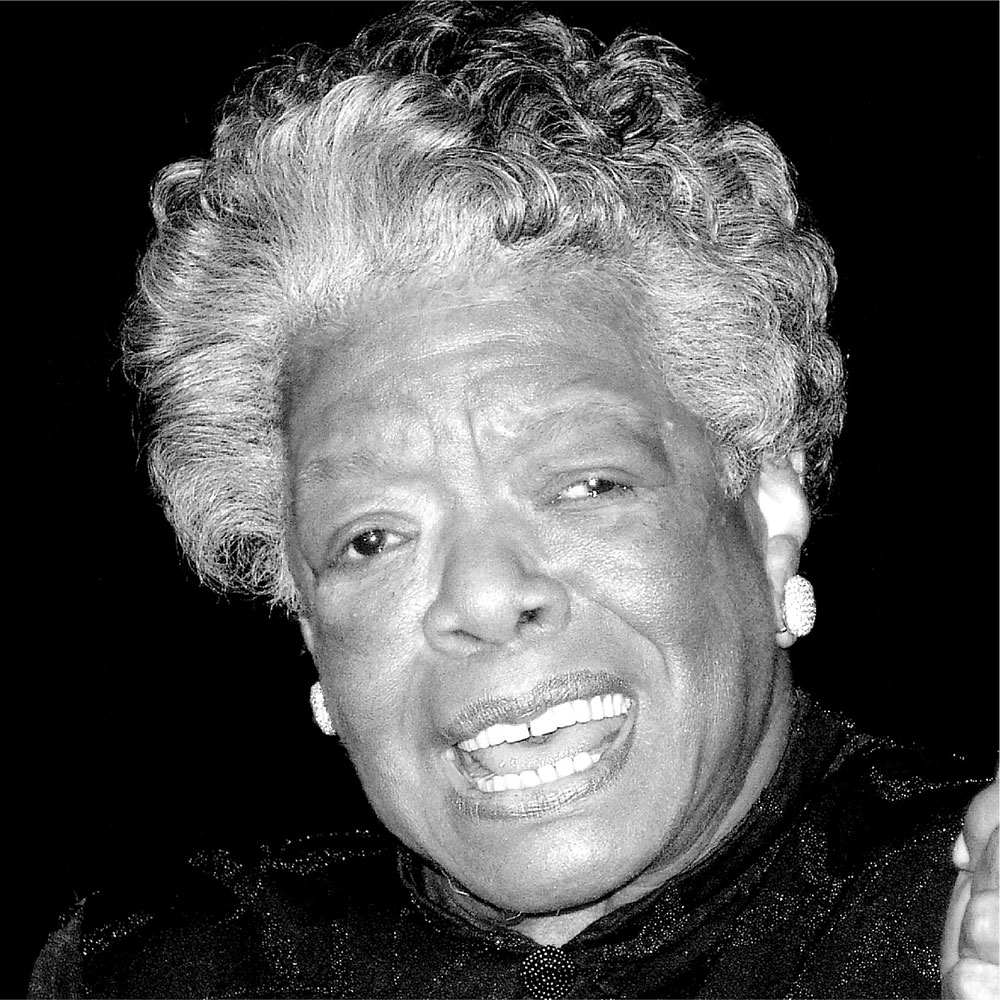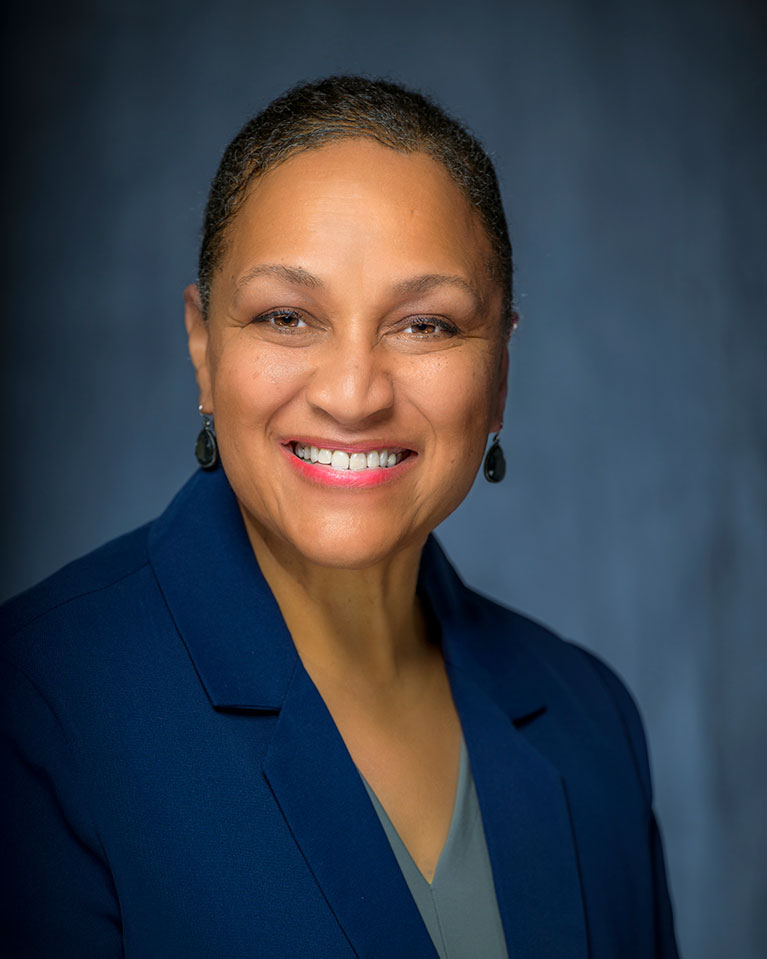Greetings and Welcome from our Interim Chief Diversity Officer
Dear Lansing Community College (LCC) Family and Friends:
In this ongoing relay of service and leadership to the LCC community, it is both an
honor and a privilege to have been handed the baton. As your Interim Chief Diversity
Officer, I step into this role in full alignment with the firm foundation of empowerment
established by our president and my predecessor. This shared vision positions the
Office of Empowerment to move forward with clarity and purpose as we continue to build
an even more inclusive, equitable, and united campus community. Grounded in a model
that elevates Love over Hate, we continue to pursue empowerment, where each student,
staff, and faculty member on our campuses experiences a true sense of belonging and
is equipped with the resources and support they need to take ownership of their success
more confidently. I feel fortunate to have the support of dedicated partners across
our campuses and in our greater Lansing community who have long championed our shared
mission and purpose. Read MoreI hope you see yourself as an integral part of this vital work.
As I look ahead, I’m reminded of the adage: “Don’t reinvent the wheel.” My assuming
this role feels much like joining a race car in the middle of a race--when the driver
makes a pit stop--not to overhaul the entire vehicle, but to swap out the tires so
the car can continue at full speed. In the same way, this transition is not about
changing the mission—it’s about sustaining momentum. I am thankful to have been part
of the “pit crew” in my tenure as Director of the Martin Luther King, Jr. Equity Center,
alongside my highly competent colleagues, and now I take my place on the track, ready
to maintain the momentum and help carry the mission forward at full speed.
As a proud alumna of this institution, it is especially meaningful to me to return
to my alma mater and serve in this capacity, giving back to the community that helped
shape my path. I bring the perspective of a former student, the lens of a leader,
and the heart of a lifelong advocate. With pride, passion, purpose, and a deep connection
to this college and our community, I now carry that commitment into my administration,
as well as the work of our three centers. The Office of Empowerment remains a space
where all individuals, voices, and unique perspectives are not only welcomed but recognized
as essential to our resilience and relevance as an institution. Whether through the
César Chávez Multicultural Center, the Martin Luther King Jr. Equity Center, or the
Maya Angelou Training Center, we are here to ensure each member of our LCC community
feels seen, uplifted and respected, as shown in our daily actions throughout all of
our LCC campuses.
We believe that diversity is not an obligation to fulfill—it is a strength to embrace
and celebrate. Diversity exists the moment two or more people come together. Our task
is to deepen inclusion, secure belonging, and dismantle the barriers that have too
often left some on the margins. We will continue to wrap love and support around communities
that have been historically excluded, while remaining grounded in the shared humanity
that unites us all. The legacies of the leaders selected as our center icons, César
Chávez, Dr. Martin Luther King, Jr., and Maya Angelou--and so many others-- remind
us that we are not alone in this work. Their words still call us to action, just as
the lived realities faced by members of our campuses compel us each day. It is up
to each of us to hear what is being voiced, to listen, to learn from what is being
revealed, and to lead with courage and compassion. Let us continue building a culture
where dignity is non-negotiable, equity is visible, and justice is more than a concept--by
showing love, respect, and care through our everyday actions. I look forward to the
conversations, the challenges, the celebrations, and the progress we will make.
Together, we can.
With appreciation and commitment,
Tanya McClain
Interim Chief Diversity Officer
Office of Empowerment
Come on in, visit our centers, our reflection rooms, read our blog, listen to a podcast and view our events.
BUILDING ON A FOUNDATION OF LOVE

Martin Luther King Jr. Equity Center
And I say to you, I have also decided to stick with love, for I know that love is ultimately the only answer to humankind's problems.

Love recognizes no barriers. It jumps hurdles, leaps fences, penetrates walls to arrive at its destination full of hope.

Cesar Chavez Multicultural Center
Never, never is it possible to reach someone if you become angry or bitter only love and gentleness can do it.

How can we serve you?
Office of Empowerment (OE)
Arts & Sciences Building, Suite 1313
Office: 517-483-9804
Email: youareinvited@lcc.edu

